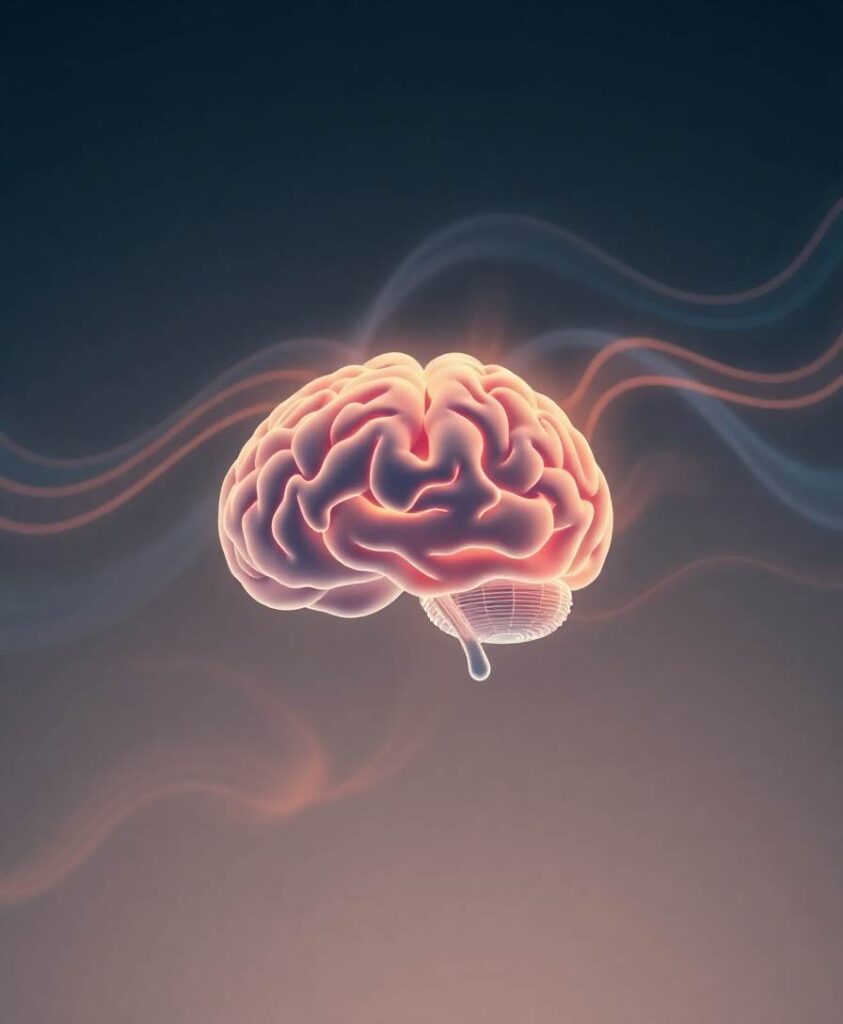Young people (24 years and younger) spend an average of six hours a day online, primarily using their smartphones, according to new research. Older people (those 24 years and older) spend 4.6 hours online.
What’s Your Place on the Internet Addiction Spectrum?
In the digital age, young people are spending an average of six hours a day online, while older individuals spend 4.6 hours engaged in the virtual world. Just like a sliding scale, this research offers insight into where individuals may fall on the internet addiction spectrum. With smartphones as their trusty tool, young adults immerse themselves in cyberspace, while older generations keep pace but to a slightly lesser extent. As we reflect on this study’s findings, we can’t help but draw comparisons to an amusement park; some individuals remain content with a few thrilling rides, while others dive headfirst into each and every attraction available! While this research provides a starting point, it does invite us to ponder on several questions: What factors contribute to these disparities? How does this impact our overall well-being? Exploring these concepts and considering our own relationship with the digital world is both intriguing and enlightening.
Aiyana is an Indigenous educator from Alberta, with a background in environmental science and community wellness programs. She volunteers as an author to explore how traditional knowledge intersects with modern neuroscience to unlock human resilience and potential.



